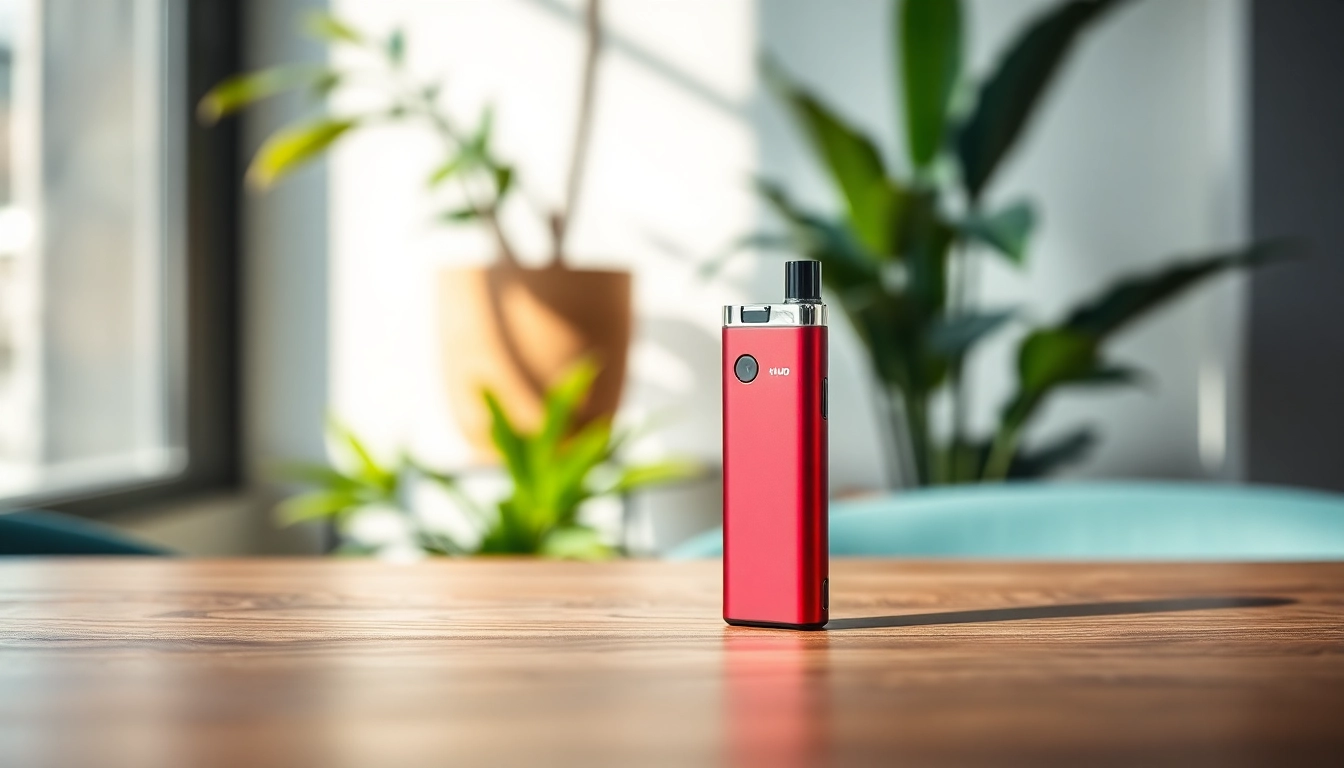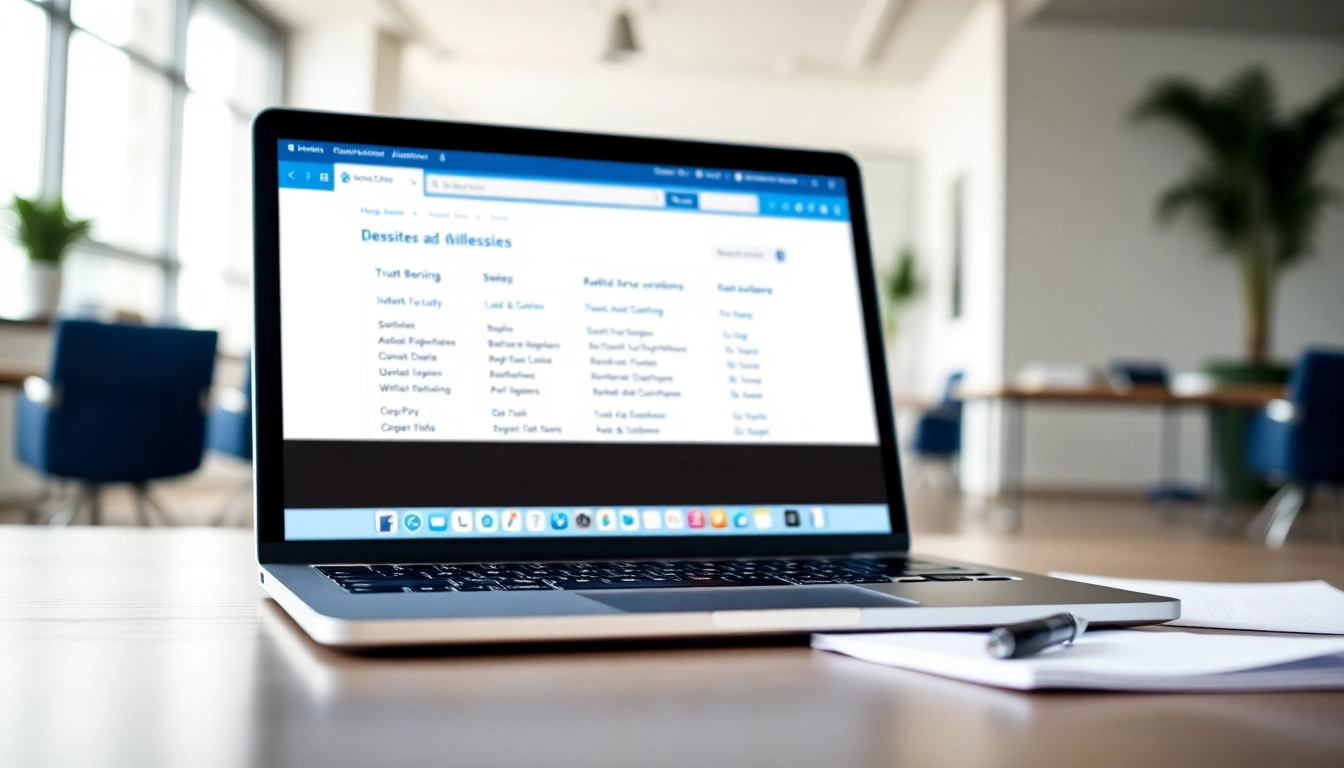Understanding AI Outreach Agents
Definition and Functionality
In today’s fast-paced digital landscape, sales teams are constantly seeking innovative methods to streamline their outreach processes and enhance productivity. This is where AI outreach agents come into play. These advanced tools utilize artificial intelligence to execute manual and repetitive tasks that traditionally consume valuable time for sales representatives. By automating functions such as data entry, follow-up reminders, and scheduling meetings, AI outreach agents enable sales teams to concentrate on what truly matters: building relationships and closing deals.
Benefits for Sales Teams
The introduction of AI outreach agents into sales workflows can significantly elevate team performance. Here are some of the primary benefits that these agents offer:
- Increased Productivity: By automating routine tasks, sales representatives can devote more time to strategic activities such as nurturing leads and developing sales strategies.
- Improved Accuracy: With AI handling data entry and management, the risk of human error is substantially reduced, leading to more reliable insights.
- Personalization at Scale: AI tools can analyze customer data to tailor interactions and improve engagement, allowing for more personalized outreach without added manual effort.
- 24/7 Availability: AI outreach agents can operate outside traditional working hours, ensuring that follow-up messages or responses are sent promptly, regardless of the time.
- Data-Driven Insights: These agents can analyze historical engagement and conversion data to provide actionable insights and recommendations for future outreach.
Key Features to Look For
When selecting an AI outreach agent, it’s crucial to consider the following features:
- Seamless Integration: The agent should easily integrate with existing Customer Relationship Management (CRM) systems and other marketing tools.
- Customization Options: Look for agents that allow customization of outreach strategies to fit different target demographics and marketing campaigns.
- Multichannel Capabilities: Effective AI outreach agents should support various communication channels, including email, social media, and live chat, to ensure comprehensive reach.
- Analytics and Reporting: Robust reporting features are essential for tracking the performance of outreach efforts and measuring the success of different strategies.
- User-Friendly Interface: A clean and intuitive interface can help streamline operation and minimize the learning curve for team members.
Types of AI Outreach Agents
Automation-Driven Agents
Automation-driven agents are designed to handle repetitive tasks that typically require human intervention. Tasks such as follow-ups, appointment scheduling, and data entry can be efficiently managed by these agents, freeing up time for sales staff to engage in more impactful activities. For example, integrating an automation-driven AI agent can help a sales team send multiple follow-up emails to leads simultaneously, drastically reducing the time spent on these activities.
Data Analysis Agents
Data analysis agents excel in collecting and interpreting large volumes of data, allowing sales teams to make informed decisions based on actionable insights. These agents can analyze user behavior, engagement metrics, and conversion rates to identify trends and recommend adjustments to outreach strategies. For instance, if historical data shows that a specific approach results in higher engagement rates, teams can leverage this information to tailor their campaigns accordingly.
Personalization Agents
Personalization agents focus on delivering targeted content to potential clients. Leveraging advanced algorithms and machine learning, these agents analyze customer preferences and behaviors to craft personalized messages. The result is outreach that resonates with potential buyers, significantly increasing the likelihood of engagement. For example, a personalization agent could tailor email content based on previous interactions, enhancing the customer’s experience and fostering loyalty.
Implementing AI Outreach Agents in Your Business
Choosing the Right Agent
Selecting the right AI outreach agent for your business involves understanding both your needs and the capabilities of the agents available. Start by conducting a thorough assessment of your current outreach processes and identifying areas that require improvement. Look for AI agents that specialize in those specific workload areas. Consider factors such as ease of use, integration capabilities, features offered, and customer support when making your decision.
Integration with Existing Tools
Successful implementation requires seamless integration with your existing tools, particularly your CRM and marketing automation platforms. Ensure that your chosen AI outreach agent can work effectively within your current stack. This might involve selecting platforms that offer APIs or pre-built integrations to facilitate data flow and communication between systems. For example, integrating an AI agent with Salesforce can automate lead follow-ups while synchronizing data effortlessly.
Training Your Team for Optimal Use
Once your AI outreach agent is selected and integration is complete, it’s critical to train your team on how to use the technology effectively. Offer comprehensive training sessions that cover the functionalities of the AI agent, best practices for utilizing its features, and strategies for maximizing its potential. Continual training as new features are released will also help keep the team engaged and informed, ultimately leading to more effective use of the agent.
Performance Metrics for AI Outreach Agents
Measuring Success
Establishing key performance indicators (KPIs) is essential to measure the success of your AI outreach agents effectively. Common metrics to track include:
- Engagement Rate: Measure how many leads engage with your communications (responses, clicks, etc.) to assess the effectiveness of your outreach.
- Conversion Rate: Analyze the percentage of engaged leads that transition to paying customers to evaluate the quality of your outreach.
- Time Saved: Quantify the amount of time saved on repetitive tasks, which can be reinvested into higher-value activities.
- ROI: Calculate the return on investment from your AI outreach agent based on the revenues generated compared to the cost of implementation.
Common Challenges and Solutions
While the benefits of AI outreach agents are significant, several challenges can arise during their implementation and usage:
- Resistance to Change: Team members might be resistant to adopting new technologies. To combat this, communicate the benefits of AI outreach agents and involve team members in the implementation process.
- Data Accuracy: Ensuring that the data fed into the AI system is accurate is crucial. Regular audits of data quality can help alleviate this concern.
- Over-Reliance on Automation: While automation is helpful, too much dependency can depersonalize communication. Encourage a balanced approach that combines AI efficiency with human touchpoints.
Continuous Improvement Strategies
To maintain and improve the effectiveness of AI outreach agents over time, implement continuous performance monitoring and analysis. Regularly review the performance metrics established earlier, and solicit feedback from both the sales team and leads on the outreach process. Conduct experiments to test different outreach strategies and messages to see how they resonate with your audience. Tailoring your approach based on real-time feedback and analytics can lead to sustained success.
Future Trends in AI Outreach Agents
Technological Advancements
The landscape of AI outreach agents is rapidly evolving due to advancements in technology. Innovations in natural language processing (NLP) and machine learning are enhancing the capabilities of AI agents, enabling more sophisticated interactions and decisions. As these technologies improve, expect to see AI outreach agents capable of simulating human-like conversations and anticipating client needs.
Market Growth and Opportunities
The demand for AI outreach agents is projected to grow significantly as businesses recognize the value of automating engagement and improving efficiency. As more organizations adopt AI-driven solutions, the market for outreach agents will expand, creating further opportunities for innovation and competition in this space.
The Role of AI in Sales Strategy
As AI becomes ingrained in sales strategies, organizations will increasingly rely on these technologies for competitive advantage. AI outreach agents will not only streamline outreach but also enable sales teams to operate with greater agility and insight. By integrating AI-driven analysis into overall sales strategy, businesses can enhance decision-making processes and adapt more swiftly to changing market dynamics.















Leave a Reply